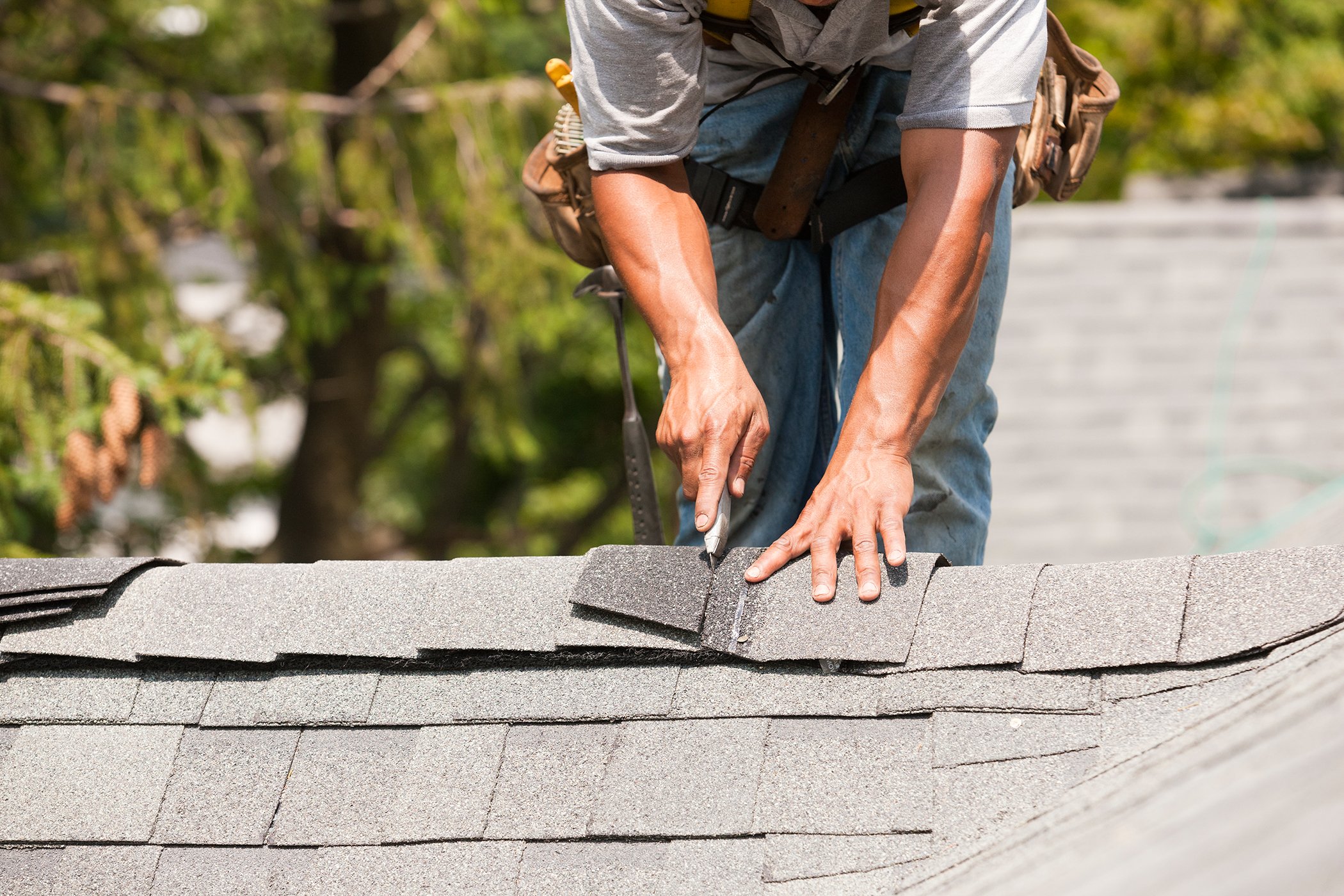6 Ways to Save on Home Improvements
RH Business Marketing Solutions
Making improvements to your home can be an equally exciting and daunting task. Not only is it time-consuming, but it can also drain your energy. And, of course, the project can be quite costly. You may even receive advice from well-meaning friends to ditch the renovation and instead purchase a new home, as the cost of doing both can sometimes be the same. However, it is possible to remodel your house according to your tastes and preferences and still be able to keep within budget. In this post, wé'd like to share how you can do just that with these simple but effective tips. This way, you'll still be able to update and enjoy your forever home without depleting your bank account.
Money-saving hacks for home improvement projects
1. Plan and stick to your budget
Failing to plan is planning to fail. And one area where this is highly evident is in home renovations. Many homeowners who make home improvements realize too late that they've set an unrealistic budget. It's easy to get over-excited and spend a little more here and there to get things just perfect. However, these little "bits" can accumulate to a hefty amount at the end of the day.
Plan your expenses by area to avoid unpleasant surprises—and keep to it! Of course, your contractor and suppliers can say that initial quotations are just a guide. So include some allowance, say 10%, on top of their estimates so you don't fall off your chair when the final bill comes along.
Keep a spreadsheet and track your running expenses as you go along, making an effort to save wherever you can. There are always budget-savvy alternatives that can get you the design you want at a fraction of the cost.
2. Go DIY wherever you can.
Tap your inner DIY warrior and unleash all your creativity and resourcefulness. There are a lot of tasks where you can save loads by taking them on yourself. For instance, you can trim the windows, paint walls, sand furniture, and other finish work.
Ensure, though, that you're not overestimating what you can do. There are many horror stories where homeowners had to shell out more cash just to fix problematic areas due to their self-sufficient efforts.
One area where you can go DIY with some confidence is in schlepping. Why not pick up building materials and goods yourself and save yourself from significant hauling expenses. If you don't have a large enough vehicle, you can purchase a relatively affordable single-axle utility trailer and attach this to your SUV. This workaround may cost much less compared to hiring a delivery truck.
3. Seek "physical support" from friends and family.
Support from your social network by way of physical help can be valuable. Although certain structural projects may require the expertise of trade professionals, there are smaller ones where family and friends can pitch in. For instance, you can avail of their pro bono services to apply a fresh coat of paint in the bedrooms. Or perhaps, some of them can also help out in sprucing up your front entryway or adding shelving in the basement. You may express your appreciation by treating them to pizza and some drinks, which will likely be minuscule compared to their valuable help in saving you some money.
4. Combine high-end with practical materials.
Don't be afraid to mix up expensive and elegant items with more low-end ones. For example, imitation materials can be very similar to the original, such as hybrid lumber. This clear-grained hardwood pretty much simulates the look and feel of real mahogany. You can mix these up with heirloom pieces you've inherited to create a classy yet still practical look.
5. Be strategic when scheduling your home improvements.
One common mistake many homeowners make is setting their renovation during renovation season, typically from the height of summer to the beginning of fall.
This time is a contractors' market where the demand for remodeling services is higher than the supply.
Take the wiser route by scheduling your home project during lean season when contractors actually want and need your business. Some home repair and renovation businesses offer discounts during this period, allowing you to save more.
6. Source out from recycling or resale centers.
However you call it, recycling or upcycling is a smart way to reap significant savings. At the same time, using salvaged materials is also environmentally friendly. Using such does away with the manufacture of new furniture and building materials, and this helps reduce CO2 emissions that production processes can generate.
For example, if you plan to organize your own home office, you can check out slightly used fixtures which can come at half the prices of brand new ones at home centers. That said, make sure you do your due diligence to ensure that the second-hand materials or items are still sound and highly usable.
Wrapping Up
The nifty tips can help you achieve your home improvement goals while giving you some serious savings. To ensure you get the results you want at your set budget, partner with trusted contractors and service providers, such as the Kevin Szabo Jr Plumbing company. Our plumbing professionals can help you with your kitchen and bathroom remodeling needs in Tinley Park, Illinois (for same-day service). We also have fast and reliable plumbers in Orlando Park, Frankfort, and Palos Heights, Illinois. Call 708-845-7922 today to schedule.
Guest Contributor: Kat Sarmiento














